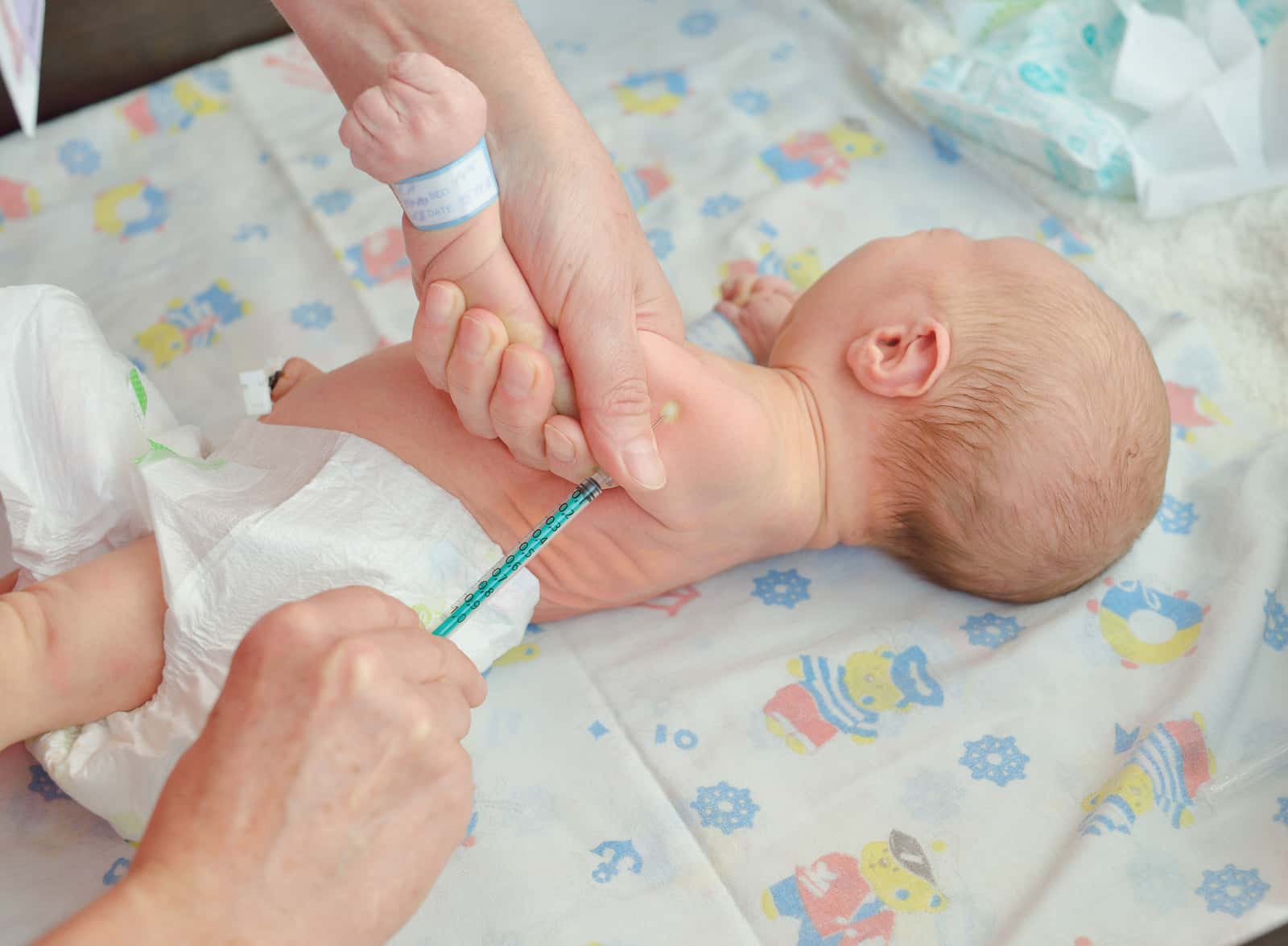
Why are public health researchers paying attention to a vaccine against tuberculosis? The shot, bacille Calmette-Guérin, or BCG for short, has been used for about a century to stimulate the immune system so that it can ward off TB infections. Because of its effect on the immune system, doctors also use BCG to treat bladder cancer. Now, some scientists hope that it might help reduce the risk of COVID-19. Nobody knows for sure, though, whether that could be a reasonable expectation.
Could BCG Shots Lower the Risk of COVID-19 Infection?
Although BCG is getting some buzz, the WHO has pointed out that
“There is no evidence that the Bacille Calmette-Guérin vaccine (BCG) protects people against infection with COVID-19 virus.”
There are, however, a couple of clinical trials underway to determine whether this vaccine might be helpful. It uses weakened live bacteria related to the tuberculosis pathogen. Dutch scientists have initiated a clinical trial to test BCG vs. placebo in 1,000 health care workers. Australian scientists are conducting a similar study with 4,000 healthcare workers. The hope is that boosting the immune response may help people reduce the risk of COVID-19 infection and result in fewer complications.
Shortages of BCG Could Cause Complications:
There are downsides. The biggest one is that people will react to the still-unproven possibility of benefit against SARS-CoV-2 (the virus that causes COVID-19) as they did to hints that hydroxychloroquine might be helpful. If some start hoarding BCG, there might not be enough of the vaccine in many countries to protect newborn babies from tuberculosis, a deadly disease. Others who might suffer from BCG shortages would be patients with bladder cancer. Occasional shortages over the last five years or so have put such patients at risk.
Because BCG is a live vaccine, it might not be safe to give it to people without a good strong immune system. Consequently, the research in healthy nurses, doctors and other health care professionals will be extremely important to figure out if it can really reduce the risk of COVID-19.

